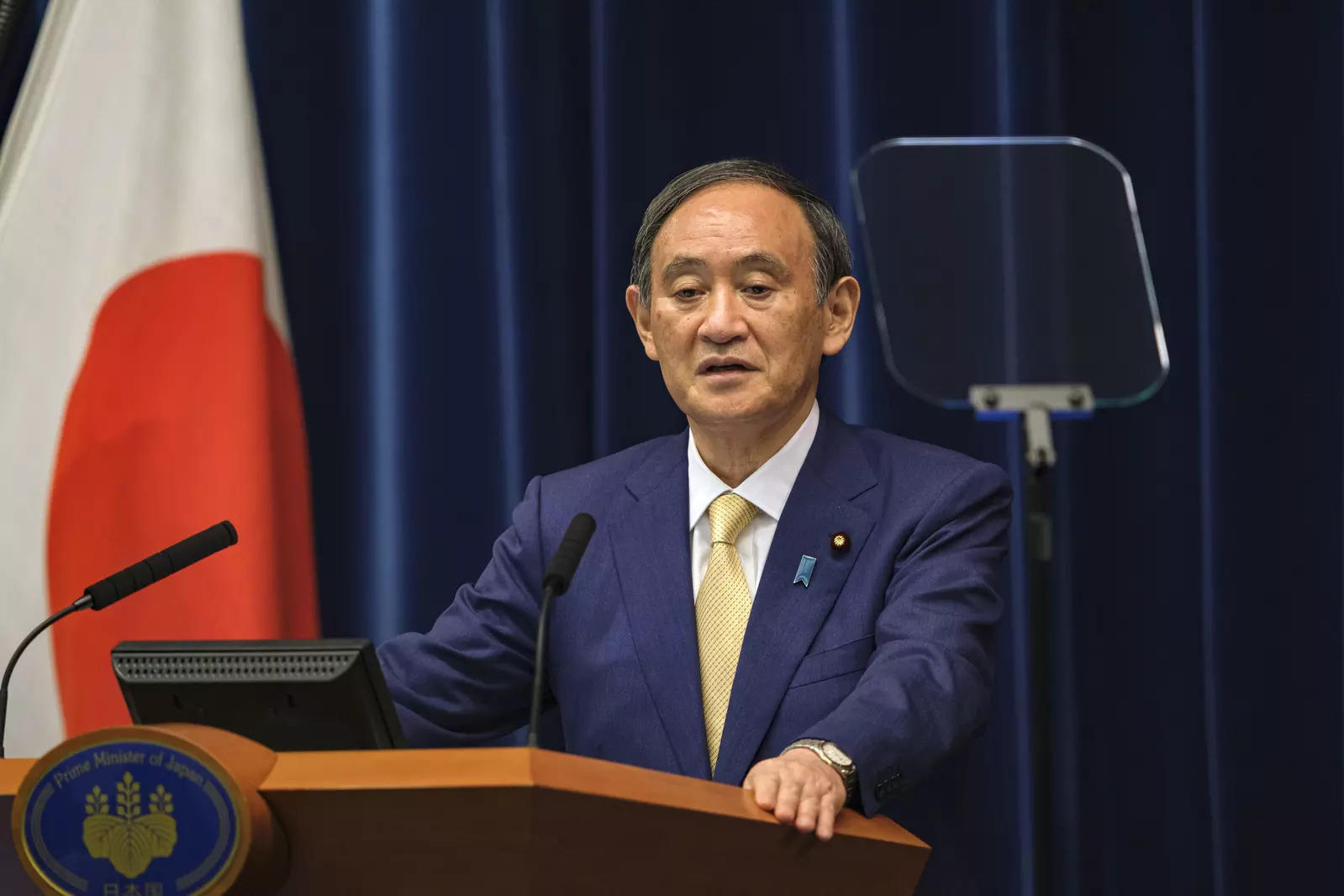
New Delhi: Japan aims to drastically increase its renewable energy use and reduce fossil fuel consumption over the next decade as its pushes to meet its ambitious emissions reduction target, according to a draft of a new energy plan presented Wednesday. The draft, however, maintains the current target for nuclear energy as officials remain undecided over what to do with the nuclear industry, which has struggled since the 2011 Fukushima power plant disaster.
The economy and industry ministry’s draft energy plan says renewables should account for 36-38% of the power supply in 2030, up from the current target of 22-24%, and that newly introduced fuels such as hydrogen and ammonia should comprise 1%. The new plan slashes the use of fossil fuel from 56% to 41%.
The government updates its basic energy plan every few years. The draft is expected to be approved by the Cabinet later this year.
The changes are meant to achieve a carbon emissions reduction target announced in April. Prime Minister Yoshihide Suga has pledged that Japan will strive to reduce its emissions by 46% from 2012 levels, up from an earlier target of 26%, to achieve carbon neutrality by 2050.
He said Japan would try to push the reduction as high as 50% to be in line with the European Union. China has pledged to be carbon neutral by 2060.
The target for nuclear power remains unchanged at 20-22%. The draft says Japan aims to reduce its reliance on nuclear power as much as possible but that it will remain an important energy source.
Japan also plans to continue its nuclear fuel reprocessing cycle, in which spent nuclear fuel is converted to plutonium, despite the failure of its Monju plutonium-burning reactor and international concerns over safeguards for its plutonium stockpile.
The 2050 emissions-free target will require drastic changes and likely prompt calls for a restart of more nuclear plants. Progress toward reducing Japan’s reliance on fossil fuels has been hindered by the prolonged closure of most of its nuclear plants after the Fukushima disaster in 2011.
The nuclear energy target will be difficult to achieve because of persistent anti-nuclear sentiment among the public.
Twenty-four of Japan’s 54 workable reactors had been assigned to be decommissioned since the Fukushima disaster, as utility companies opted to scrap old reactors rather than spend huge amounts to add safety measures required under stricter post-Fukushima standards. Nine reactors are currently online.
The draft did not mention the possibility of new reactors, despite such calls from some industry officials and pro-nuclear lawmakers.
